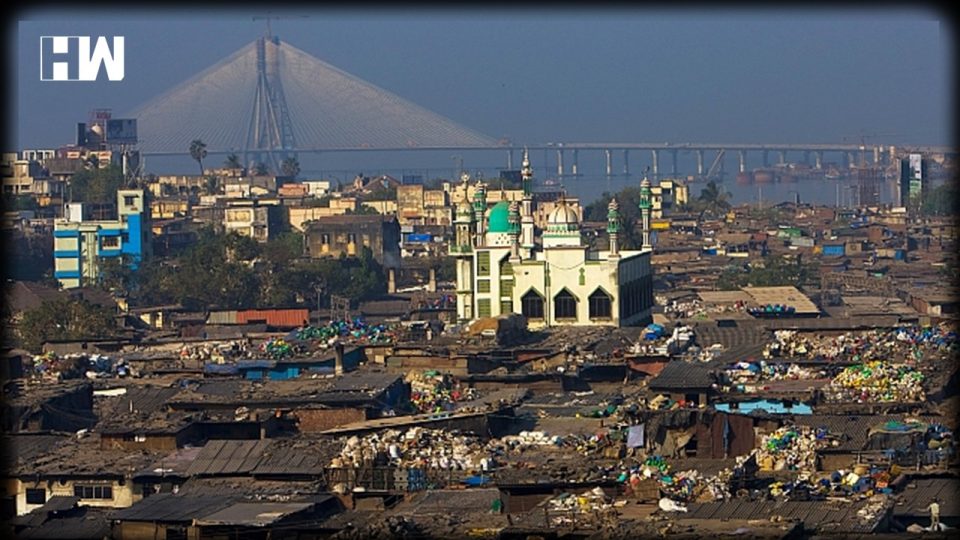A target group is being identified by BMC officials in Dharavi & Worli to receive HCQ & experts are being consulted on the duration of dosage.
Mumbai| Financial capital of the country, Mumbai is building a plan to administer an unproven but much-lauded HCQ, an anti-malarial drug, in neighbourhoods including Asia’s most crowded slum, the first-of-its-kind mass experiment to eliminate the COVID-19.
According to the additional commissioner at Municipal Corporation of Greater Mumbai Suresh Kakani, Mumbai local officials are identifying a target group which will get HCQ.
A decision was expected in a couple of days as medical experts are being consulted on the duration of dosage.
The drastic step highlights the desperation and increasing pressure on healthcare workers for solutions against the novel coronavirus which has infected over 2.4 million people all over the world and resulted in over 165,000 fatalities. It also explains the manic enthusiasm over a decades-old drug — US President Trump called it a “game-changer” in the battle against the deadly virus –despite an inconsistent efficiency record in a few analysis’ and a registered list of side effects.
“This is a one-time window available to us and may give answers for the pandemic the world is struggling with,” Kakani said. “We are taking utmost care to understand the side effects before implementing this.”
The financial capital has seen over 25% of India’s over 17,600 cases and a quarter of its deaths has developed as the biggest virus hotspot in the country and is racing against time to contain the virus in several clusters.
One of the two locations for the test is the highly-dense slums of Dharavi, the other is Worli which the worst-hit Mumbai neighbourhood where the city officials plan to start a hydroxychloroquine or HCQ-dosing drive as prophylaxis or a preemptive medication aimed at eliminating the virus.
Also Read: COVID-19 Lockdown: What Will be Allowed from Today?
However, there’s no valid scientific evidence that the drug works on virus patients, not to mention its use as a preventive therapy.
Leena Menghaney, a New Delhi-based activist with Médecins Sans Frontières said: “For use of HCQ as prophylaxis in a hotspot, there is simply not enough evidence. No preventive studies published to say that this approach really protects people.”
“Potential risk may surpass the potential benefit of providing it widely for people without the disease,” she added.
According to a study in China, the HCQ didn’t help patients eliminate the virus better than standard care and it was highly likely to cause side effects. The group who took hydroxychloroquine had more side effects but they were mostly mild, the most common being diarrhea, the study found.
Mumbai’s city officials are being careful due to the deeply divided stance on this drug.
The original plan to dose 50,000 people with no pre-existing liver and heart ailments between the ages of 18 years and 55 years, has now been scaled down as regular follow-up and surveillance of such a huge group would be difficult, said Kakani who is responsible for the execution of this initiative.
Moreover, the drug will be given to only those who are willing after recording their personal and medical history, including any medication they may be on, Kakani says.
Maharashtra remains the worst-hit state in the country, which reported not just the highest number of new cases for the state, but also for Mumbai. The state capital added 456 cases and 6 fatalities to its COVID-19 count even at a case fatality rate of 4.8%. Total cases in Maharashtra rose to 4,200 and the death toll to 223.
As an independent media platform, we do not take advertisements from governments and corporate houses. It is you, our readers, who have supported us on our journey to do honest and unbiased journalism. Please contribute, so that we can continue to do the same in future.

